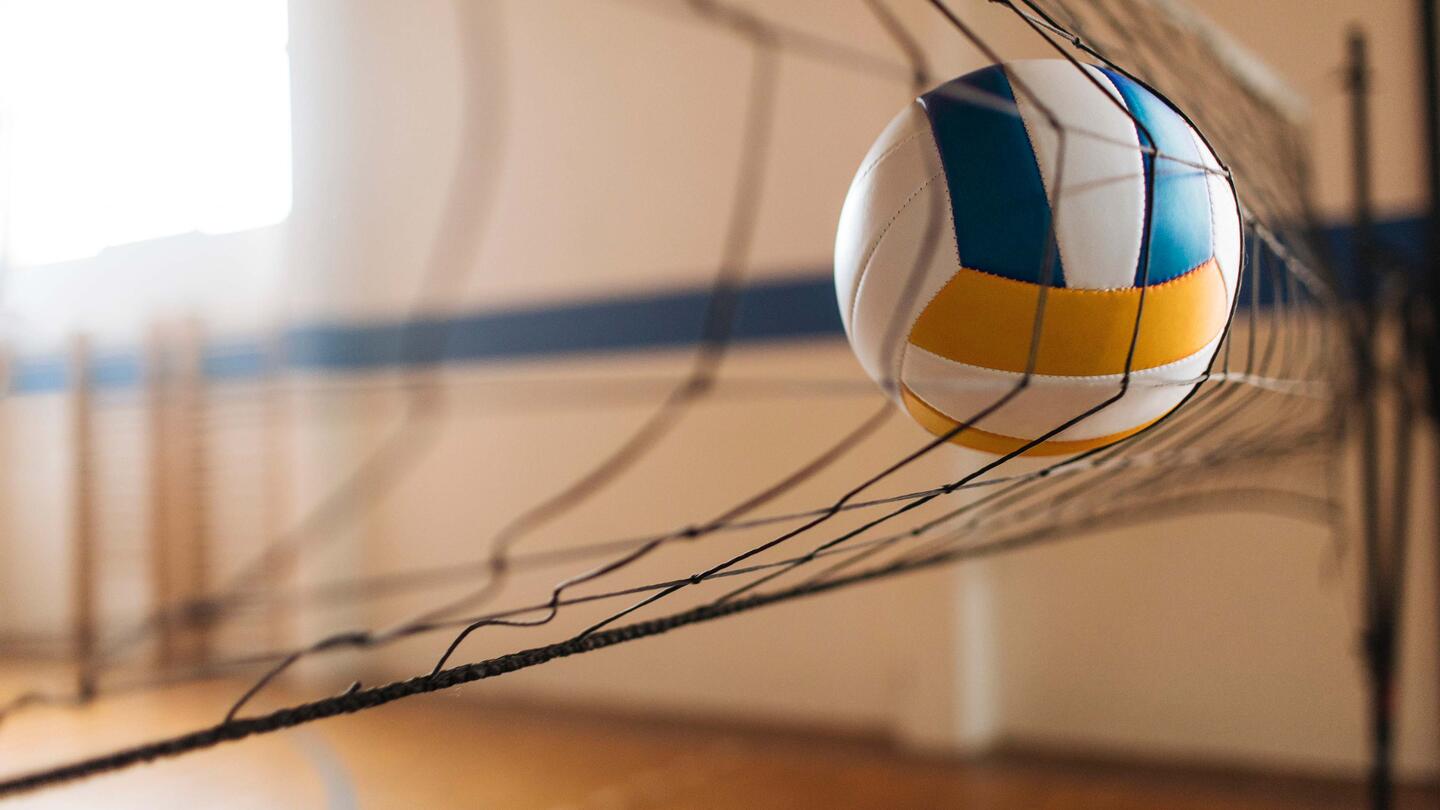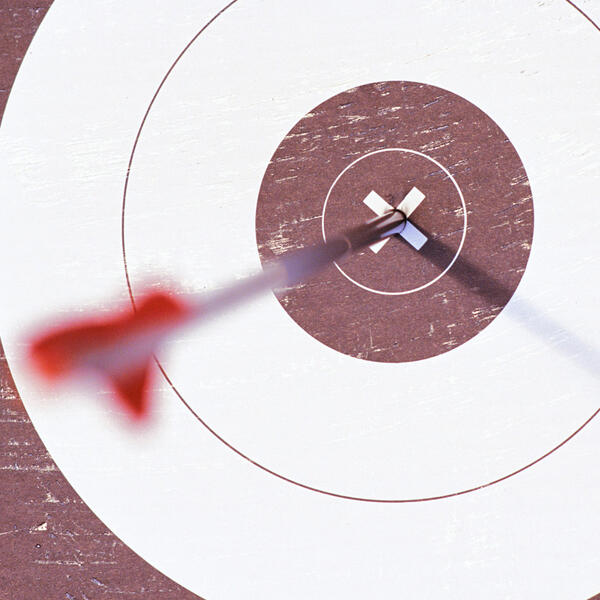Functions and Powers
The IEB is considered a corporate body of WADA, but operates independently from WADA’s other bodies, such as its Foundation Board and the Executive Committee. WADA Governance Structure can be found here.
The IEB performs its duties as stated in the WADA Code of Ethics, and has power to communicate directly with any Official or body within WADA.
The IEB has power to appoint the Ethics Officer and may submit complaints to the Ethics Officer for investigation. The IEB considers the results of investigations by the Ethics Officer regarding complaints, denunciations, allegations or suspicions of breaches of the ethical principles of WADA and the WADA Code of Ethics. An IEB-appointed panel forms judgement on whether matters involve a breach, can impose a range of measures and sanctions, and communicates such decisions to the WADA President, to the complainant, and to the Official subject of the investigation.
The IEB also has power to decide whether a matter should be referred to a relevant criminal authority.
Deliberations of the IEB remain confidential.
IEB Members
The IEB consists of nine persons, including its Chair. Appointment to, and removal from, the IEB is decided by the WADA Foundation Board. Two IEB Members are appointed by the Public Authorities and the Olympic Movement. Members appointed by the Public Authorities and Olympic Movement may not be appointed to the position of Chair or Vice-Chair. The seven other IEB Members must meet the strictest of WADA’s independence requirements on appointment and throughout the entire term of their office.
Appointments to the IEB are for a term of three years and Members may be reappointed for two further terms of three years, provided that they continue to meet the relevant eligibility criteria. A Member may not serve for more than nine years in total.
The IEB meets as required by the Chair, and shall provide annual reports on its activities to the President of WADA who will share the reports with the Foundation Board and the Executive Committee.
The current members of the IEB are:
-

Prof. Pascal Borry
Belgium – Independent Chair -

Hon. Mary Ang’awa
Kenya – Independent Vice-Chair -

Prof. Yoshihisa Hayakawa
Japan - Public Authorities Nominee -

Mr. Phil Hutchinson
United Kingdom – Independent Member -
Ms. Emma Johnson OLY
Australia – Independent Member -

Dr. Rožle Prezelj OLY
Slovenia – Independent Member -

Mr. Marc Theisen
Luxembourg – Olympic Movement Nominee -

Ms. Ana Tuiketei
Fiji - Independent Member -

Mr. Louis Weston
United Kingdom – Independent Member
WADA Code of Ethics
WADA Officials must comply with all applicable laws and regulations and respect the WADA ethical principles. Officials must conduct themselves honestly, fairly, and impartially, and act in accordance with the principles of integrity and transparency. Officials must also act with objectivity, and independence when making decisions.
The WADA Code of Ethics identifies a list of ethical standards and conducts which include, but are not limited to:
- Avoiding bias, prejudice, and conflicts of interest
- Respecting human dignity
- Rejecting and refraining from discrimination, harassment, bullying and abuse
- Refraining from offering or accepting a bribe, payment, commission, gift, or other inducement or undue incentive (whether monetary or otherwise) in order to unduly influence any action, conduct, omission, or decision in connection with any matter relating to, or involving, WADA
- Refraining from behaviour which would bring, or risk bringing, WADA into disrepute
The fundamental principles of the WADA Code of Ethics are detailed in Section 3 thereof. Among other duties, Officials must report immediately to the Ethics Officer (i) any approach or invitation to engage in any conduct that might amount to a breach of the WADA Code of Ethics and (ii) any information that may constitute a potential breach of the WADA Code of Ethics.
The Ethics Officer
The Ethics Officer is appointed, and subject to removal, by the IEB. The IEB conducts the appointment process in collaboration with the WADA Nominations Committee, including the interview and vetting of candidates.
The Ethics Officer is appointed for a three-year, renewable term. The reappointment is limited to two additional three-year terms and the Ethics Officer cannot serve more than nine years in total.
The Ethics Officer:
- Acts independently of WADA and reports directly to the Chair of the IEB.
- Performs their duties as assigned by the WADA Code of Ethics, and whenever a case is referred to them and/or when instructed by the IEB, but not ex-officio.
- Upon receiving a complaint, analyses the jurisdiction of the IEB based on the scope of application of the WADA Code of Ethics; decides what measures are required to protect the identity of the complainant; and conducts relevant investigations. Investigations may include analyzing documents, files and other hardcopy and electronic information, requesting the provision of such information, conducting interviews, and obtaining relevant expert reports. At the conclusion of the investigation, the Ethics Officer will provide a detailed written report to the Chair of the IEB.
Mr. Gautier Aubert
The inaugural Ethics Officer, Mr. Gautier Aubert, was appointed by the IEB in early 2023 and is a Swiss Attorney-at-Law with broad experience in the world of sports and sports law. Confidential reports can be made on the WADA Ethics Reporting Platform, a confidential and independent reporting platform managed by the Ethics Officer. You can also submit a report by email to the Ethics Officer at Ethics.Officer@wada-ama.org or contact him by phone at +41 21 343 43 99.
-

Mr. Gautier Aubert
Ethics Officer
Reporting
-
What matters can be reported under the WADA Code of Ethics?
-
Why does reporting matter?
-
Is there a duty to report?
-
Are reports confidential?
-
Can reports be made anonymously?
-
How can I submit a report?
-
What happens after I provide information or submit a report?
IEB Decisions
The Panel Decisions that the Independent Ethics Board has decided to publish are available below.
Pursuant to Article 5.1.7 of Annex A to the WADA Code of Ethics, the Independent Ethics Board may decide to publish the decisions it makes under the WADA Code of Ethics. In the interest of transparency and good governance and provided that public interest so requires, the Independent Ethics Board shall favor publication, including in an anonymized form, and/or a summary thereof; such publication shall be consistent with the duty to comply with the personality rights and data protection rights of the parties and to protect the complainant and third parties who participated in the procedure from potential retaliation
Questions and Answers
-
What is the jurisdiction of the WADA Independent Ethics Board (IEB)?
-
What is the composition of the IEB?
-
How are IEB Members selected?
-
What are the duties of the IEB?
-
How is the Ethics Officer appointed?
-
What are the qualifications of the Ethics Officer?
-
What are the duties of the Ethics Officer?
-
Does the WADA Code of Ethics apply to WADA staff, including the Director General and WADA Management?
-
What are the fundamental principles of the WADA Code of Ethics?
-
What are some examples of specific actions prohibited under the WADA Code of Ethics?
-
Are there exceptions for gifts?
-
Does the WADA Code of Ethics have any requirements for reporting?
-
Can sanctions be applied if someone is found in breach of the WADA Code Ethics?
-
Is the process confidential?
-
How can I report a suspected breach of the WADA Code of Ethics?

















